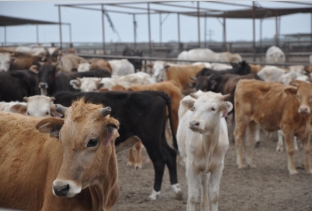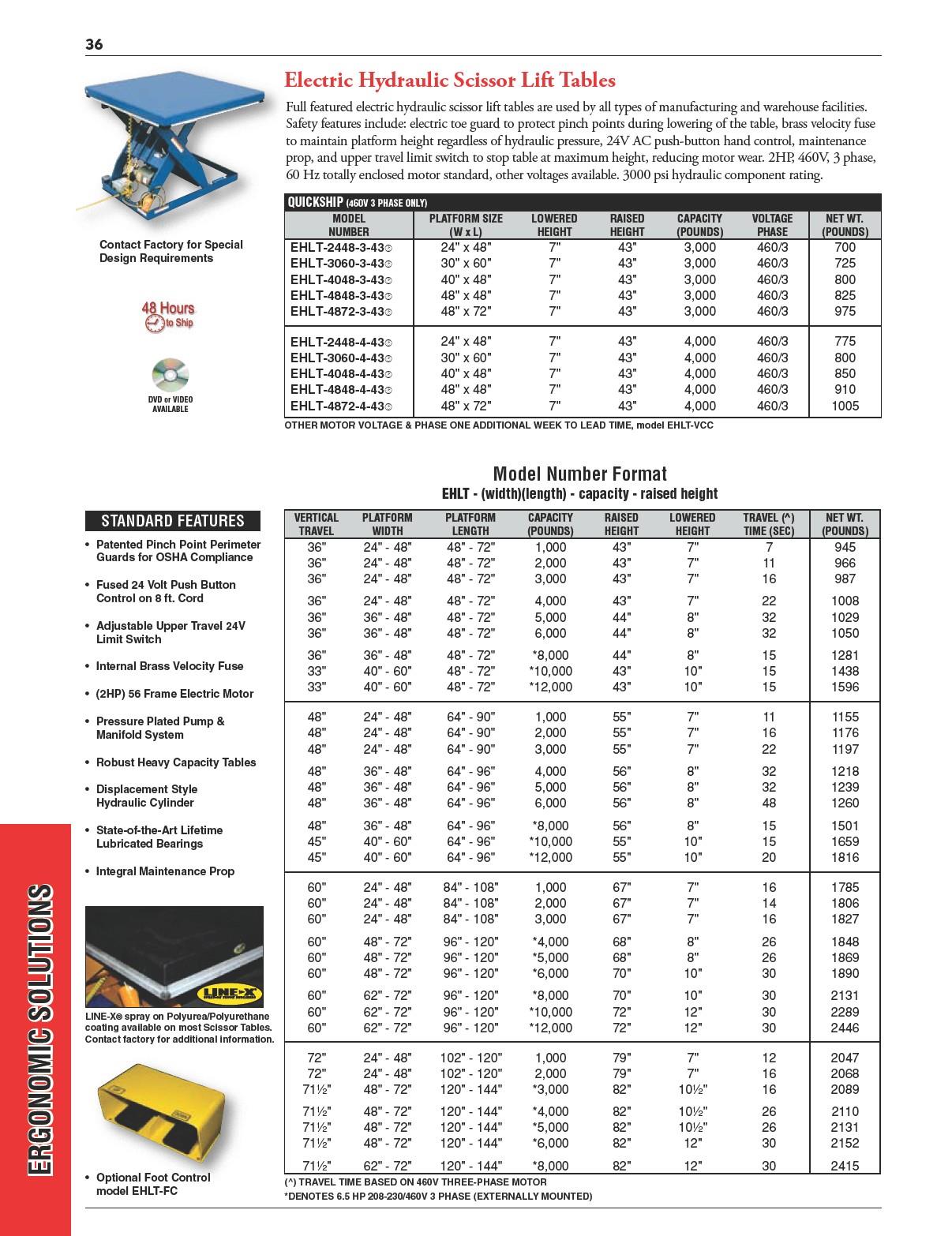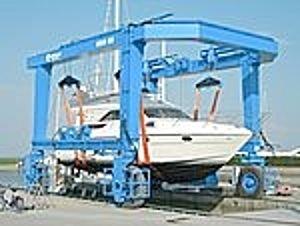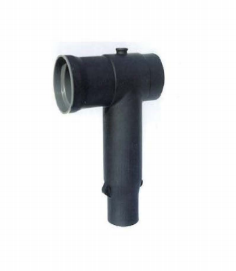
The U.S. will continue to allow imports of Mexican cattle after following a protocol agreed upon by Mexican and U.S. animal health officials despite a second case of New World screwworm being found.
Wedoany.com Report-Feb 20, A second case of New World screwworm (NWS) has been found in a cow in Mexico, in the state of Tabasco, just north of where the first case was found, USDA's Animal and Plant Health Inspection Service has confirmed.
Despite the finding, no additional action will be taken, a spokesperson for APHIS on Wednesday. This is due to the protocol currently in place to ensure safe movement of cattle and bison from Mexico to the U.S. Imports of cattle and bison from Mexico will continue.
"The comprehensive pre-clearance inspection and treatment protocol is now in place and will ensure safe movement of cattle and bison into the United States and mitigate the threat of New World screwworm," Lyndsay Cole, APHIS assistant director of public affairs.
The protocol was approved by the National Agro-Alimentary Health, Safety and Quality Service (SENASICA) for Mexican and U.S. animal health officials to conduct NWS pre-export inspection and treatment to certify the animals for export. SENASICA is to immediately notify APHIS when NWS is confirmed within Mexico, according to the protocol.
The protocol includes cattle being kept in group lots and penned accordingly on the Mexican side. There, they will receive an ivermectin injection in case there are NWS present that can't be seen. After three to five days, the cattle will be moved to the next pen, dipped in a wormer solution and inspected and examined for wounds. Once the cattle are inspected by trained and authorized veterinarians of both Mexico and USDA at the last check pen, the cattle will be allowed to cross the border, according to Kathy Simmons, chief veterinarian for the National Cattlemen's Beef Association.
Simmons said they may only be able to move the cattle in smaller groups of up to 500 at one time to be sure the process is efficient and effective, including having health certificates when they are ready to move.
Cole went on to say APHIS' main priority is to protect American livestock from foreign pests.
"We continue to closely monitor cases of NWS in Mexico and Central America and will take action to protect U.S. livestock if the need arises," she said.

















